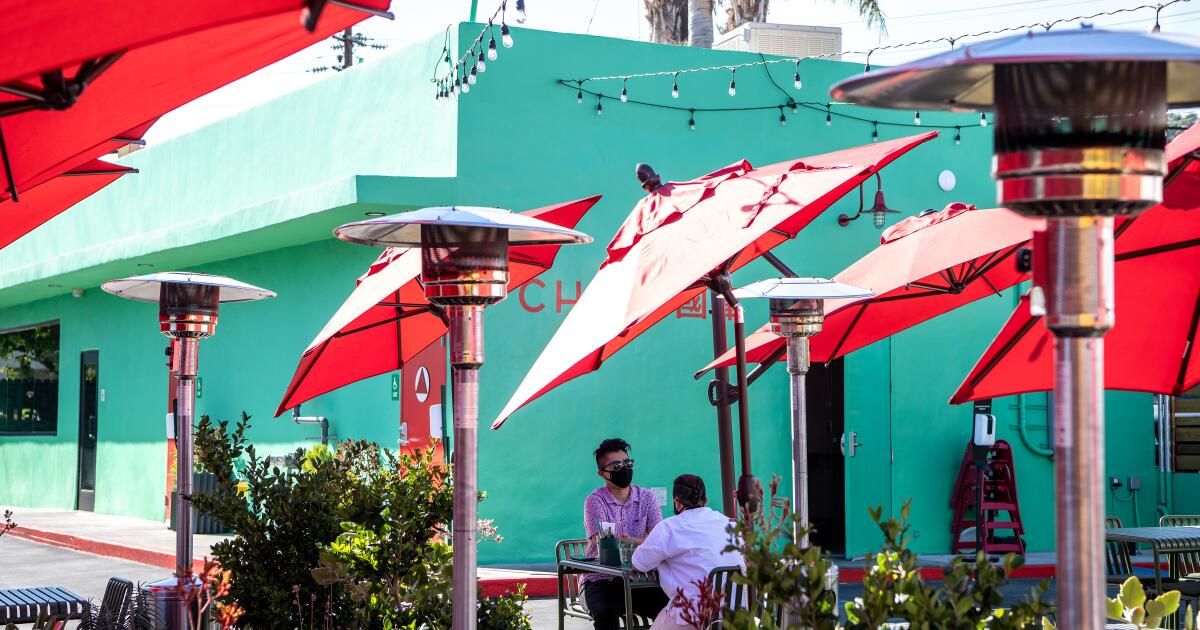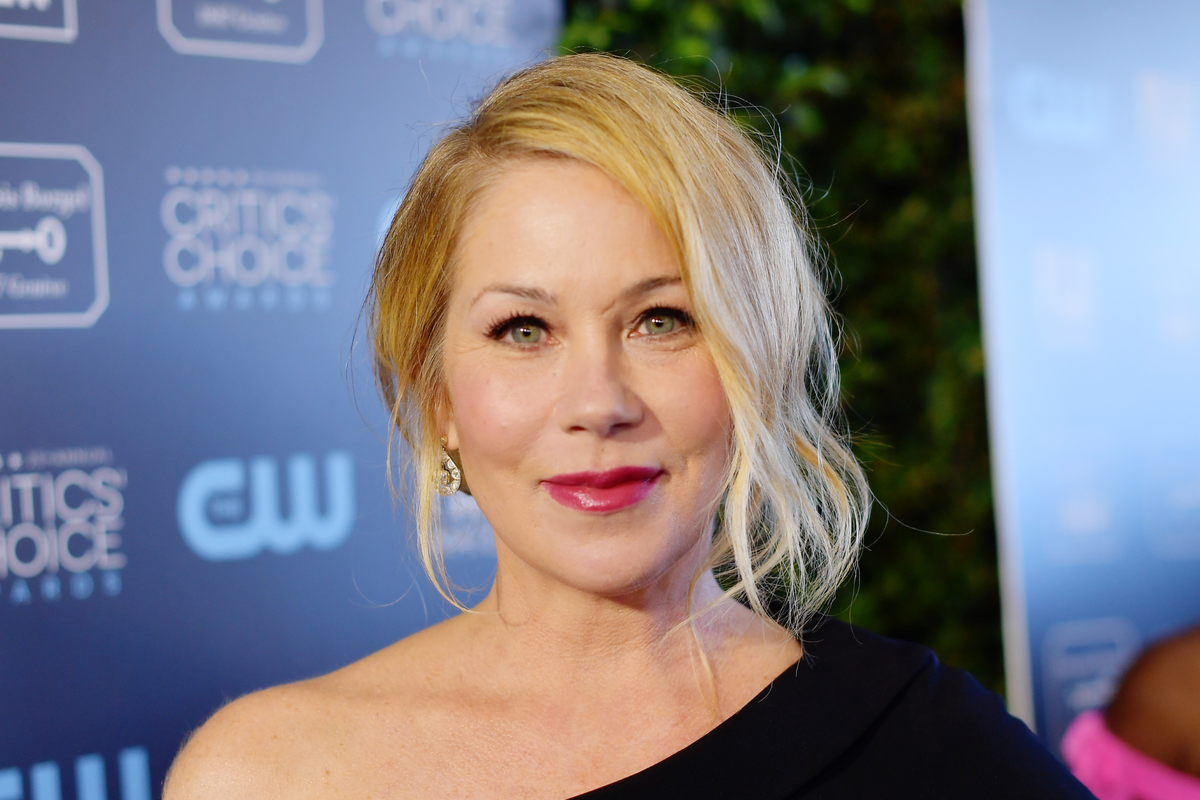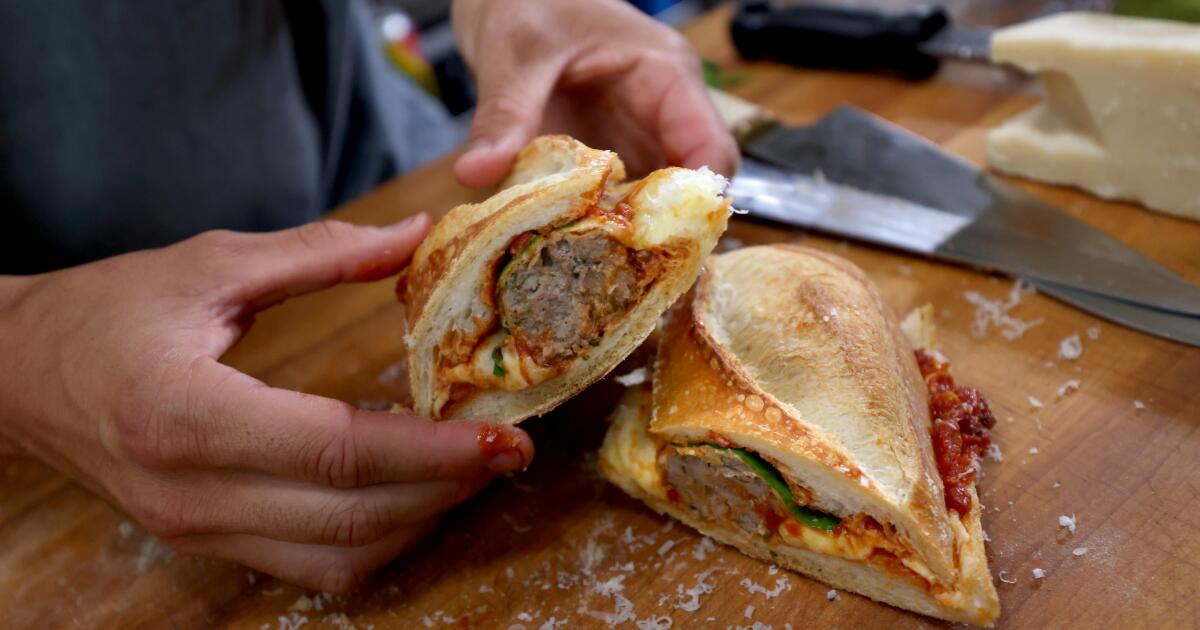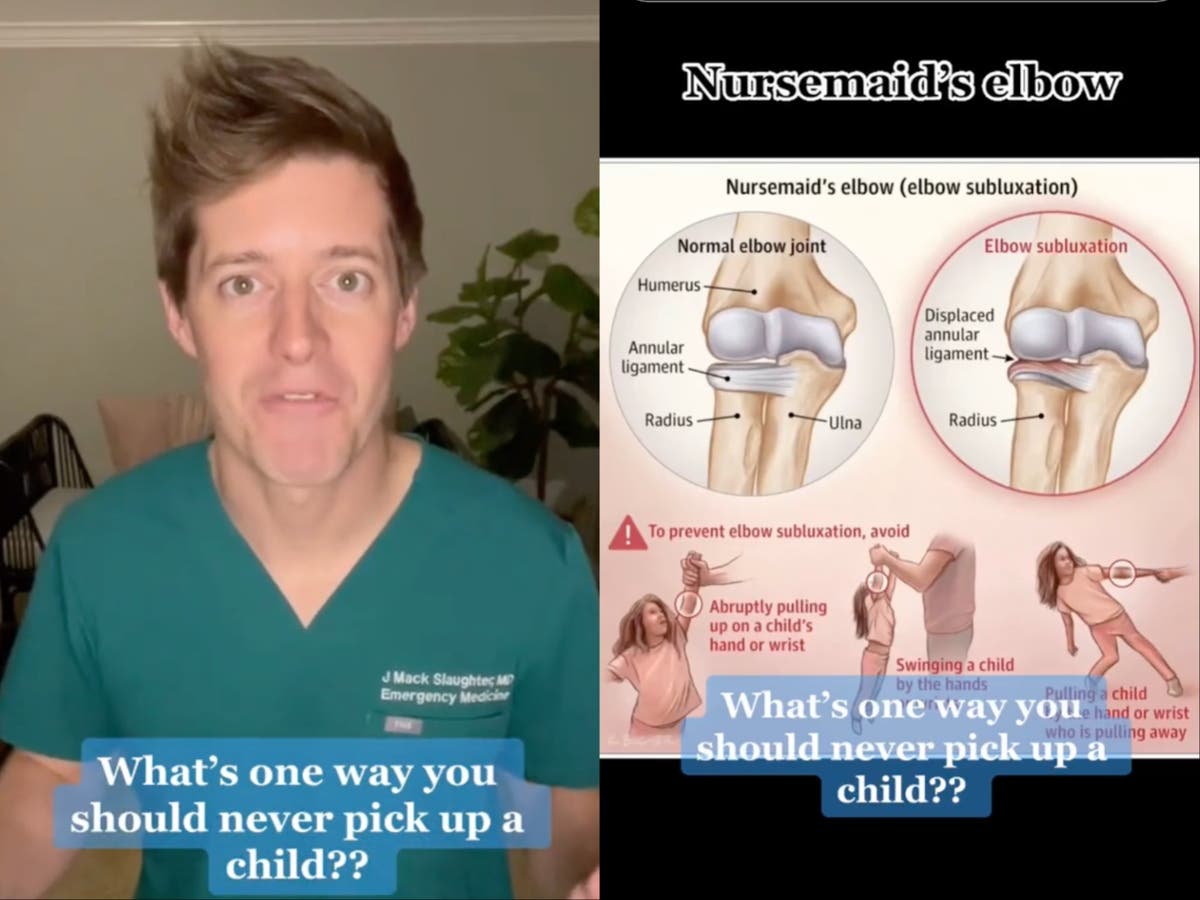After an outcry from city restaurant owners, a pandemic-era outdoor dining program that was set to end Wednesday received a last-minute reprieve from Los Angeles Mayor Karen Bass.
On Tuesday, Bass announced an extension of the Temporary Al Fresco Authorization initiative, which for years served as a lifeline for struggling Los Angeles restaurants.
“After weeks of tremendous advocacy and mobilization, today we received this hard-won, great news for the independent hospitality sector in Los Angeles,” said Eddie Navarrette, executive director of the Independent Hospitality Coalition, a group that advocates for and supports independent restaurants. “It’s inspiring and truly exciting to see this community’s fight channeled into its own advocacy.”
Prior to the extension, Wednesday was set to be the last day for restaurant owners within Los Angeles city limits to apply for the permanent Al Fresco Program, which will allow food and drink establishments to continue operating in established outdoor spaces during the pandemic. The program was approved by the Los Angeles City Council in December and the application process opened in February.
For months, Navarrette and others had lobbied city officials to extend the deadline and be “a little more sensitive to what restaurants are going through right now.”
Navarrette, a consultant who has helped several restaurants apply for various permits over the years, also pushed city officials and the mayor's office to make the program more accessible to restaurant owners so they don't have to spend money hiring a specialist, usually an architect, to help them navigate the lengthy application process.
“It’s a death by a thousand cuts,” Navarrette said. “There are so many other things that restaurants are facing right now. Why on earth are we forced to have to hire an architect to deal with our outdoor dining right now, at a time when there are so many restaurant closures? Are they getting the news? We’re in a tragic time.”
Along with the extension, Bass directed city department officials to help business owners ease the transition to the permanent program, pledging to increase department services and resources to support food establishments.
“We want restaurants and businesses to thrive in Los Angeles. It is with that commitment that I am announcing an extension of the deadline for businesses to transition to the permanent Al Fresco program, which carries forward the spirit of this vital program,” Bass said in a prepared statement. “I want to encourage businesses that still have temporary permits to apply today. The city is ready to assist them.”
Restaurant operators had welcomed the permanent program but urged city officials to delay the application deadline, describing the process as too burdensome and slow.
“During the current economic environment we live in,” Navarrette said, “[giving restaurants] “Just six months to apply for a building permit to comply with the regulations before July 31 is crazy.”
In his announcement, Bass said city department officials would do the following:
- Review and process all completed applications for new and transitioning Al Fresco facilities within 30 days of the submission date. This includes departments communicating any necessary changes or guidance. To the extent possible, City departments should conduct all required reviews and approvals simultaneously, not sequentially.
- Issue conditional approvals for all completed applications with fees paid.
- Join a webinar, virtual meeting, or application clinic to assist project applicants and restaurant owners with Al Fresco's guidelines for troubleshooting project and site plan issues.
The extension comes as a relief to restaurant owners at a tumultuous time for the industry. Rising food prices, higher labor costs and the fallout from the pandemic have led to mass closures, with more than 65 restaurants shuttering last year. The pace of closures continues as more and more restaurant owners decide to call it quits.
Navarrette credits the city's outdoor dining program for the survival of several restaurants during the pandemic.
Temporary outdoor dining permits allowed more than 2,500 businesses to skip the costly, months-long process of applications, approvals and fees.
City officials have argued that the original intent of the pandemic-era program, which resulted in exemptions granted through emergency orders, was to give restaurant operators the ability to keep their doors open temporarily. But the emergency orders have since been lifted and city officials said they have to codify the program.
Additionally, the Mayor launched a Small Business Fee Reduction Program to financially assist businesses transitioning from the temporary to the permanent program.
At the state level, Gov. Gavin Newsom signed into law AB 1217, which extended outdoor dining and other pandemic-era provisions through July 2026. Restaurants in unincorporated Los Angeles County also extended their temporary program through the same date.
Navarrette wonders why the city doesn’t follow suit or adopt a program similar to San Francisco’s Shared Spaces, which offers a model of sorts that clearly outlines how to extend a patio permit for restaurants.
Still, the latest news is encouraging.
“I would be remiss if I didn’t mention how proud I am of Mayor Karen Bass for doing the right thing here, recognizing the challenges and leveraging her decision-making power to bring to life a program that does so much for small businesses,” Navarrette said, “as well as the streets they occupy.”












